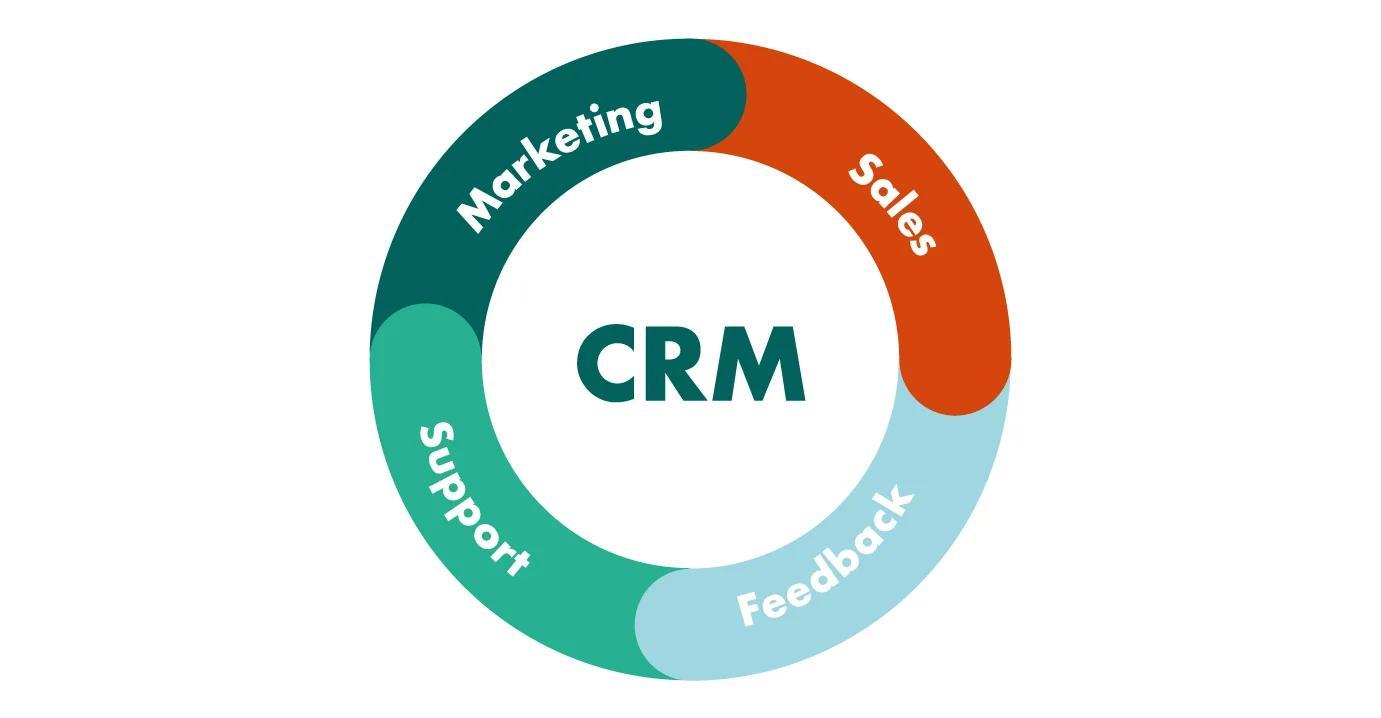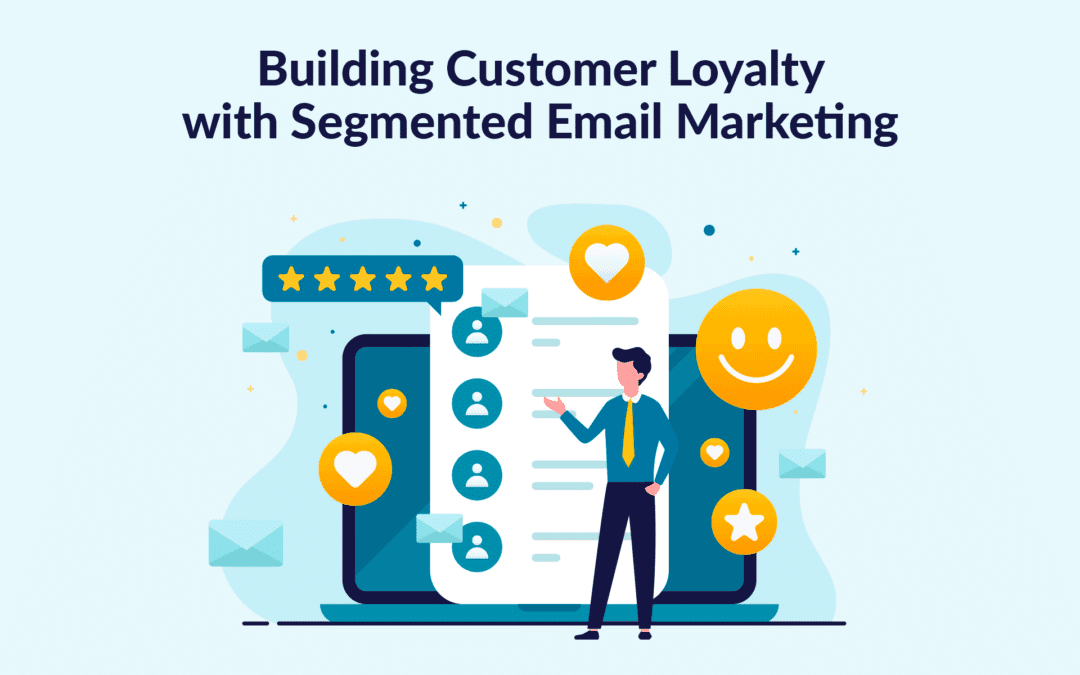
Carolyne Njunge
Shiftpulse Marketers
Shiftpulse Digital Marketing: Optimize Your Digital Marketing with the Right CRM - A Step-by-Step Guide

TL;DR: Selecting the right CRM system is crucial for digital marketing success in Kenya, enabling efficient lead tracking, personalized customer interactions, email marketing automation, and data-driven decision-making. Businesses should prioritize budget considerations, essential CRM features, and seamless integration with social media and analytics tools
Choosing the Right CRM for Your Digital Marketing Strategy: A Step-by-Step Guide
In today's dynamic digital landscape, nurturing customer relationships is paramount. Selecting the optimal Customer Relationship Management (CRM) system is therefore crucial for achieving digital marketing success. This expert guide provides a structured, step-by-step approach to navigate the CRM selection process, empowering you to identify the perfect CRM to elevate your digital marketing strategy and drive measurable results.
Step 1: Define Your Core Digital Marketing Goals and Objectives
Before exploring CRM systems, it's essential to clearly define your digital marketing goals and objectives. What do you aim to achieve through your digital marketing initiatives? Are you primarily focused on lead generation and acquisition, enhancing customer retention and loyalty, building brand awareness and market reach, or a strategic combination of these?
Once your overarching goals are defined, pinpoint the specific challenges and needs within your current digital marketing processes. For instance, are you encountering difficulties with:
- Efficient Lead Capture and Comprehensive Tracking?
- Delivering Personalized Customer Interactions at Scale?
- Streamlining and Optimizing Email Marketing Campaigns?
- Accurate Marketing Data Analysis and ROI Measurement?
By identifying these critical pain points, you can strategically prioritize CRM features that directly address your needs and demonstrably contribute to achieving your core digital marketing goals. This focused approach ensures your CRM investment yields maximum impact.
Step 2: Establish Your Budget and Resource Parameters for CRM Implementation
CRM systems offer a wide spectrum of costs, influenced by factors like feature depth, deployment method (cloud-based or on-premise), and user volume. Establishing a realistic budget upfront is crucial to effectively narrow your options and prevent overspending.
Critically consider not only the initial purchase price but also essential ongoing expenses, such as:
- Recurring Subscription Fees
- Comprehensive Implementation Costs
- Dedicated Training and Ongoing Support
- Necessary Customization and System Integration
Thoroughly assess your available resources, including your team's technical proficiency and the dedicated time you can allocate to effective CRM implementation, user training, and ongoing system management. This realistic assessment ensures a sustainable and successful CRM deployment.
Step 3: Identify Essential CRM Features for Digital Marketing Success
With your strategic goals and budgetary constraints clearly defined, you can now explore the essential CRM features that will directly empower your digital marketing strategy. Prioritize features that align with your identified pain points and objectives. Key features to rigorously evaluate include:
- Robust Contact Management: A core CRM function allowing you to securely store and efficiently manage comprehensive customer contact information, detailed interaction history, and individual preferences within a centralized, accessible database.
- Strategic Lead Management: CRM systems are designed to effectively capture, meticulously track, and strategically nurture leads, seamlessly guiding them through the defined sales funnel and demonstrably improving overall conversion rates.
- Integrated Email Marketing Capabilities: Many leading CRM platforms offer seamlessly integrated email marketing tools or facilitate smooth integrations with popular dedicated email marketing platforms. This integration empowers you to create and automate personalized email marketing campaigns, rigorously track campaign performance metrics, and nurture leads with targeted content effectively.
- Marketing Automation for Efficiency: CRM systems excel at automating repetitive yet critical marketing tasks, such as automated email campaign execution, scheduled social media updates, and sophisticated lead nurturing sequences. This automation frees your marketing team's valuable time, allowing them to focus on higher-level strategic initiatives and creative campaign development.
- Strategic Social Media Integration: Leading CRM systems offer integration capabilities with prominent social media platforms, enabling you to effectively track customer interactions, analyze sentiment surrounding your brand, and monitor brand mentions across social channels. This valuable social intelligence provides actionable insights into customer opinions, helps proactively identify potential leads, and uncovers emerging market opportunities.
- Comprehensive Analytics and Reporting: CRM systems provide robust, built-in analytics and reporting capabilities, empowering you to meticulously track key performance indicators (KPIs), rigorously measure campaign performance across channels, and make informed, data-driven decisions to optimize marketing spend and strategy.
- Flexible Customization Options: The ability to comprehensively customize your chosen CRM system to precisely fit your organization's specific workflows and established processes is crucial for maximizing its long-term effectiveness and ensuring seamless user adoption across your team.
Step 4: Conduct In-Depth Research and Vendor Evaluation of CRM Platforms
Once you possess a clear understanding of your specific needs and desired CRM feature set, dedicate time to thoroughly research and critically evaluate different CRM vendors and platforms. Leverage industry-recognized reviews, conduct detailed comparisons of pricing structures and feature offerings, and carefully consider each vendor's industry reputation, track record of customer success, and quality of customer support.
Explore Reputable CRM Platforms:
- HubSpot: Widely recognized for its comprehensive marketing automation suite, user-friendly interface, and strong focus on inbound marketing methodologies.
- Salesforce Sales Cloud: A market-leading, enterprise-grade CRM platform renowned for its extensive customization capabilities, robust feature set, and scalability for large organizations.
- Zoho CRM: A versatile and cost-effective CRM solution offering a broad range of features suitable for diverse business needs, particularly popular with small and medium-sized businesses.
- Pipedrive: A sales-centric CRM platform specifically designed with strong pipeline management capabilities, intuitive visual interface, and focus on sales process optimization.
- Monday.com: A highly flexible and adaptable work management platform that can be customized and configured as a CRM solution, offering visual project management and collaborative features.
Step 5: Request Hands-On Demos and Utilize Free Trial Periods
Prior to making a final CRM selection, actively request hands-on demonstrations and fully utilize free trial periods offered by your top CRM contenders. This direct engagement allows you to rigorously test the software's core functionality, critically assess the user interface intuitiveness, and evaluate the seamlessness of integration capabilities firsthand within your own environment. Crucially, involve your key team members in this evaluation process to gather diverse feedback and ensure the chosen CRM comprehensively aligns with their daily needs and workflows.
Step 6: Prioritize Scalability and Anticipate Future Business Needs
Select a CRM system strategically designed to scalably adapt and grow alongside your business evolution. Carefully consider critical scalability factors such as:
- Capacity for User and Data Volume Expansion
- Seamless Integration with Expanding Business Systems
- Depth of Customization and Extensibility Options
- Vendor's Product Roadmap and Future Development Trajectory
Choosing a CRM with built-in scalability ensures your investment remains valuable and strategically aligned with your long-term business growth objectives.
Step 7: Prioritize User Adoption and Comprehensive Training Initiatives
Successful CRM implementation is fundamentally contingent upon enthusiastic user adoption across your organization. Proactively ensure your team is comprehensively trained and receives ongoing support to fully maximize the CRM's inherent potential. Invest in providing structured onboarding training, develop clear and accessible user documentation, and actively foster a company-wide culture of consistent and effective CRM utilization.
Step 8: Emphasize Data Quality Management and System Integration
Accurate and consistently up-to-date data is absolutely crucial for effective CRM utilization and deriving meaningful insights. Proactively implement robust data validation rules, standardize data entry processes across your team, and establish a regular schedule for data cleansing and ongoing CRM data maintenance to guarantee consistently high data quality.
Prioritize essential system integrations with your existing business infrastructure, such as marketing automation platforms, dedicated email marketing tools, and active social media platforms. These seamless integrations are vital to streamline cross-departmental workflows, eliminate data silos, and significantly improve overall data flow and operational efficiency.
Conclusion: Strategic CRM Selection for Digital Marketing Excellence
Choosing the right CRM system for your digital marketing strategy is a significant strategic decision demanding careful deliberation and a structured approach. By diligently following this comprehensive step-by-step guide, you can effectively navigate the CRM selection process, confidently identify a CRM system that truly empowers your digital marketing initiatives, strengthens critical customer relationships, and demonstrably drives sustainable business growth in the competitive digital landscape. Optimize your digital marketing and choose wisely.


